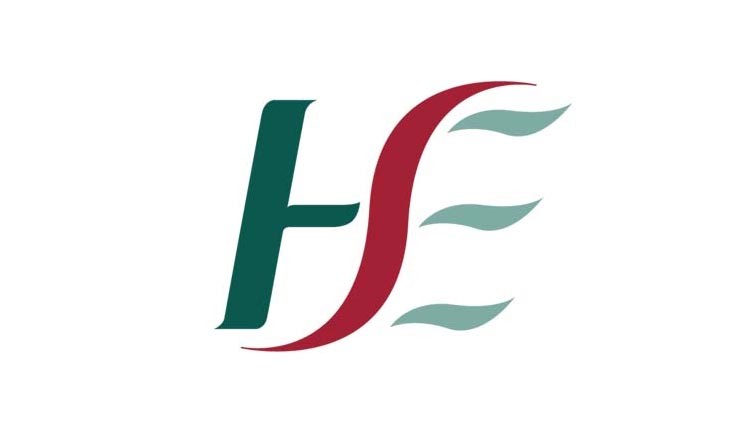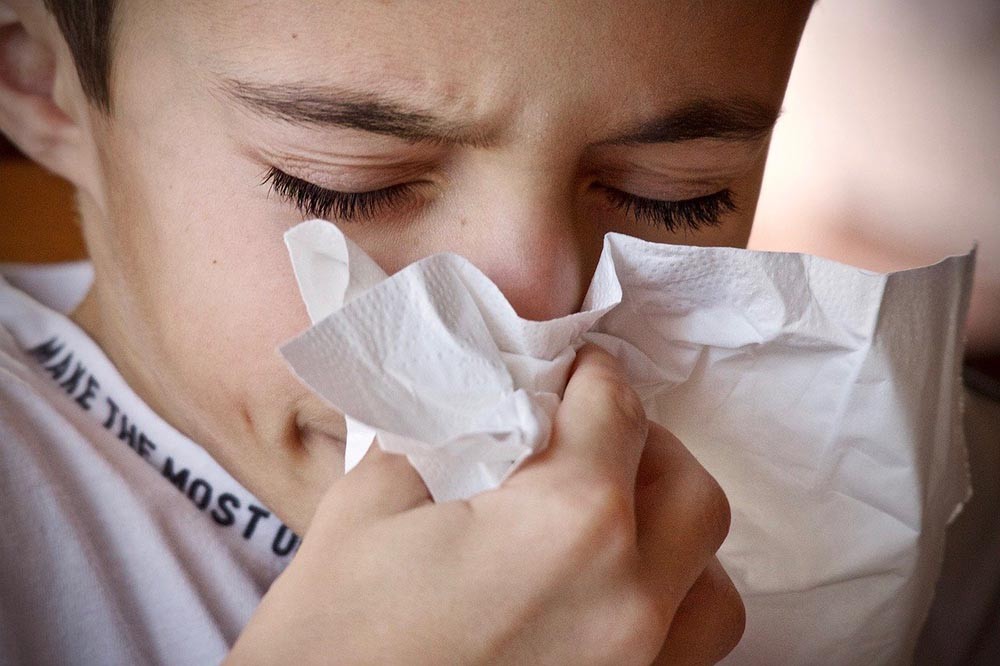
Parental advice on Winter Respiratory Viruses from Dr John Twomey, Consultant Paediatrician, Children’s Ark, University Hospital Limerick.
As we enter the peak winter season, levels of common childhood respiratory illnesses are on the increase, especially in those in the under 5 age group. This increase is reflected in the increased numbers of children presenting on a daily basis to our Paediatric Emergency Department (ED) in UHL with respiratory symptoms. From September to November inclusive, 2021, Paediatric ED attendances in UHL have increased by 55% on the same period last year and Paediatric admissions are up 49%. This increases the demands on limited resources in Paediatrics.
We expect to see more children with these illnesses this year when compared to last year because last year repeated lockdowns resulted in reduced contact between children.
Although government restrictions continue, our children this year have had more exposure to one another and therefore the risk of spreading of winter respiratory viruses is increased. In addition, because children had limited contact with one another last year their exposure to all respiratory viruses and resultant immune response was diminished and therefore more children will have lower immunity to these viruses this year.
The majority of cases are caused by respiratory syncytial virus (RSV) and Influenza (flu virus). We continue to see relatively low levels of Covid-19 infection in this age group.
It is important for parents to note that the vast majority of these respiratory infections can be managed very effectively in the home environment.

Respiratory Syncytial Virus (RSV)
For most children this common childhood illness will not be serious. However some children, such as those under the age of two, those born prematurely or those with a heart condition can have more serious consequences such as bronchiolitis – inflammation of the lower airways.
As a parent/guardian of a young person it’s important to recognise the symptoms to look out for, how to manage these symptoms at home and know when to seek help.
Symptoms of bronchiolitis include a high temperature (of 38C degrees or above), poor feeding, rapid breathing, wheezing and/or a dry/persistent cough.
Most RSV infections go away on their own in a week or two but symptoms can last for up to three weeks.
There is no specific treatment for RSV. Antibiotics, Ventolin nebulisers, inhalers and oral steroids do not work.
Most cases of RSV infection can be managed at home with control of fever and pain with calpol (paracetamol) and neurofen (ibuprofen) and prevention of dehydration by encouraging the infant or child to drink fluids little and often. Infants under one year of age are more prone to dehydration and may require early review with their GP/ShannonDoc.
The GP/ShannonDoc should be contacted if your child has a persistent high temperature of 38C degrees or above in spite of giving calpol and/or neurofen; if your child has had a dry nappy for 12 hours or more; if he/she has taken less than half of their usual amount over the previous 24 hours; if they seem very tired or irritable or if you remain worried about your child.
Call Dial 999 for an ambulance if your child has difficulty breathing, if your child’s tongue or lips are blue or if there are long pauses in your child’s breathing.
Prevention:
Regular hand washing
Coughing into your sleeve
Keeping symptomatic siblings and other people away
Flu Virus (Influenza)
The flu is a respiratory illness caused by the Influenza virus. This virus is highly contagious among children.
Most children who get the flu have mild symptoms but some, especially those with chronic health conditions are at increased risk of serious complications from flu. These complications include bacterial infections or pneumonia, bronchitis or encephalitis (inflammation of the brain). Every year many children need hospitalisation as a result of Influenza.
Symptoms and management principles are similar to those of bronchiolitis.
Prevention:
Regular hand washing
Coughing into your sleeve
Keeping symptomatic siblings and other people away
Flu Vaccination – children and young people aged between 2 and 17 years can get the nasal flu vaccine for free at their GP or pharmacy from October 2021 until the start of February, 2022. The vaccine is given in a single spray in each nostril (2 sprays in total). Administration is not painful and it is absorbed very quickly.
For additional information on RSV and Influenza please see the HSE website www.hse.ie
In addition the most up to date information on COVID-19 is available on www.hse.ie
Need information and advice on COVID-19? Go to www.hse.ie/coronavirus
